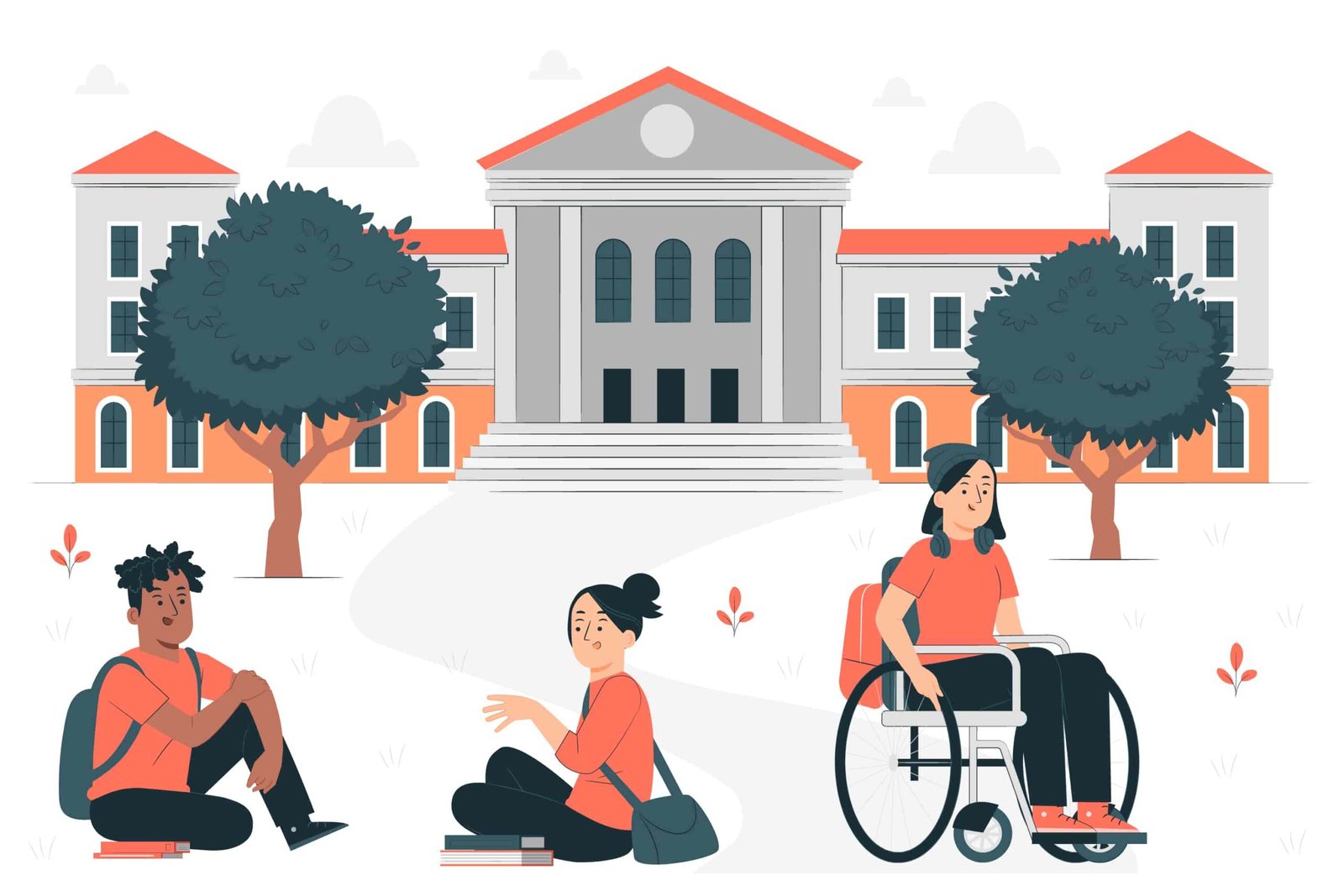University of Albany majors and acceptance rate
Located in the Northwest region of the United States, University at Albany is a large, 4-year, public university. This coed college is located in a city in a suburban setting and is primarily a residential campus. It offers bachelor’s, certificate, master’s, and doctoral degrees.
Is the University of Albany hard to get into?
The acceptance rate at the University of Albany is 57%. For every 100 applicants, 57 are admitted. This means the school is moderately selective; hard to get into. You have a great chance of getting accepted if you meet the University of Albany’s requirements for GPA, SAT/ACT scores, and other application components.
Is the University of Albany a good school?
The University of Albany is a good school that enables students to relentlessly pursue possibilities, create connections, and seize opportunities – locally and globally – with a single-minded purpose: to author their own success, doing the things that matter.
What is the University of Albany known for?
The University of Albany is known for being ranked among the top universities in Forbes’ “America’s Best Public Colleges,” and U.S. News & World Report consistently ranks many of its graduate programs among the top 50 in the United States, including Clinical psychology, criminal justice, library and information studies, public affairs and public health.
Is the University of Albany a party school?
Yes, the University of Albany is a party school.
What major is the University of Albany known for?
- Psychology
- Business administration and management
- Econometrics and quantitative economics
- Speech communication and rhetoric
- Biology/biological sciences
- Homeland security
- Human biology
- Sociology
- Criminal justice/safety studies
- Computer science
- Political science and government
- Accounting
- Informatics
- English language and literature
- Multi, /interdisciplinary studies
- History
- Education
- Public policy analysis
- Mathematics
- Chemistry
- Computer and information systems security/information assurance
- Journalism
- Public health
- Social work
- Spanish language and literature
- Atmospheric sciences and meteorology
- Art/art studies
- Anthropology
- African, american/black studies
- Urban studies/affairs
- East asian studies
- Women’s studies
- Drama and dramatics/theatre arts
- Philosophy
- Geography
- Linguistics
- Music
- Physics
- Latin american and caribbean studies
- Art history, criticism and conservation
- Chinese studies
- Engineering
- Japanese language and literature
